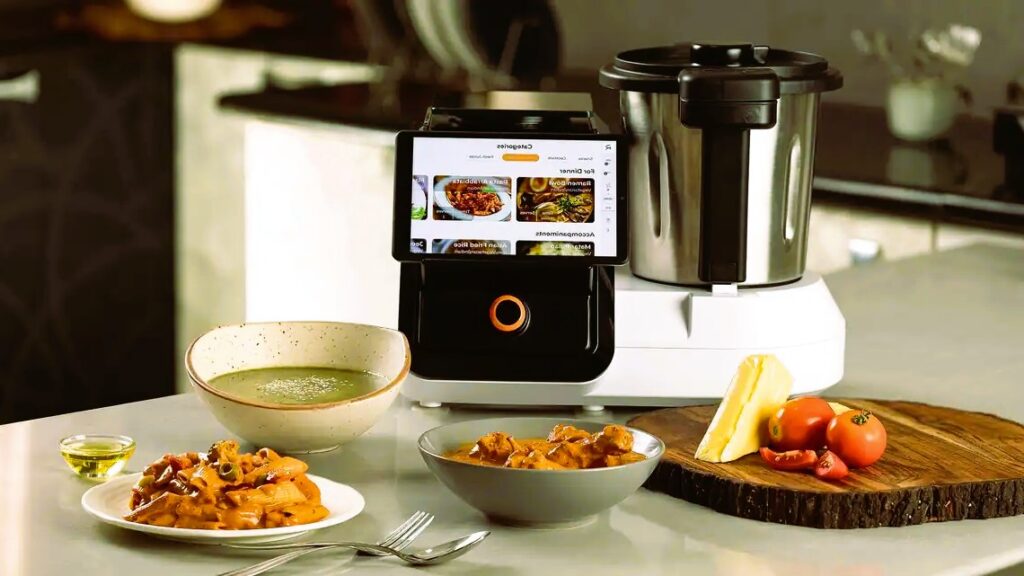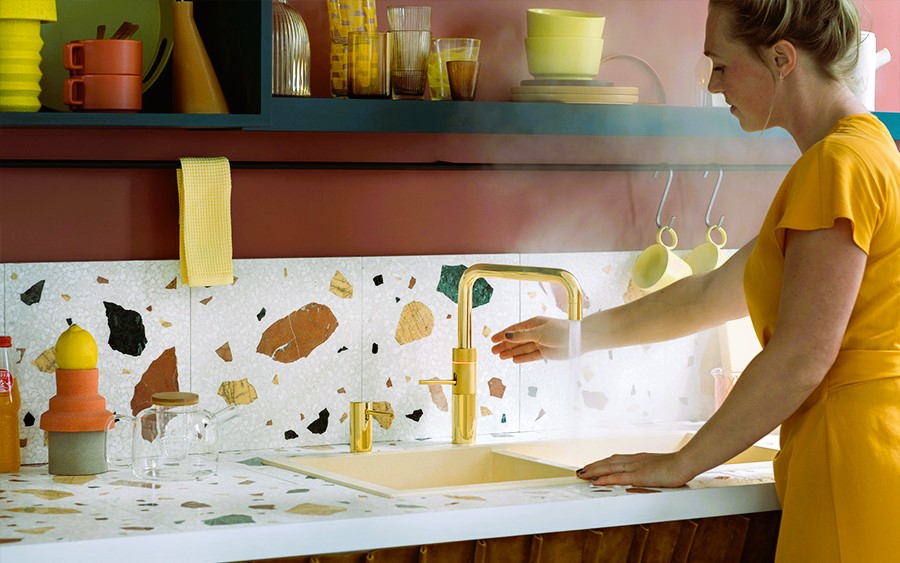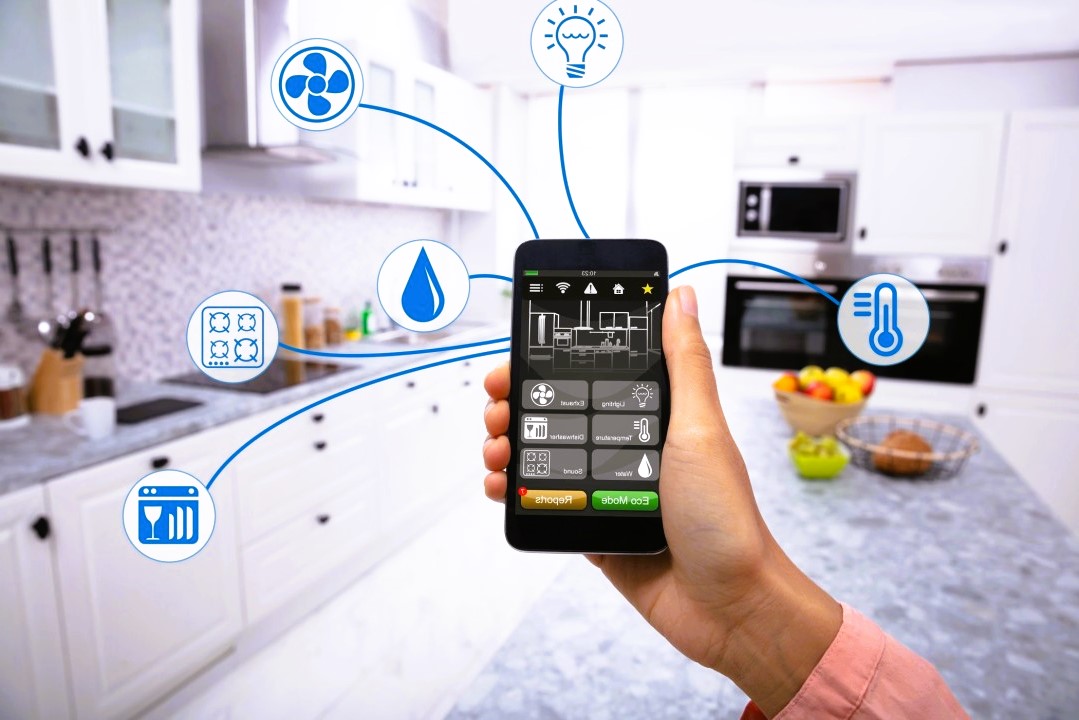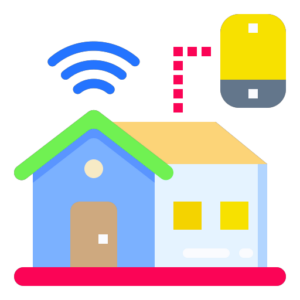The kitchen, often considered the heart of the home, is undergoing a remarkable transformation with the integration of smart kitchen appliances. In 2023, these intelligent devices are redefining the culinary landscape, bringing convenience, efficiency, and innovation to the cooking experience. Let’s explore the latest trends and advancements that are shaping the rise of smart kitchen appliances in the present year.
1. Connectivity and Integration
One of the prominent trends in smart kitchen appliances is the emphasis on connectivity and seamless integration. In 2023, appliances are designed to communicate with each other and with external devices, creating a cohesive and synchronized kitchen ecosystem. This integration allows users to control and monitor their appliances remotely, providing unprecedented flexibility and convenience.
For instance, a smart oven can communicate with a smart refrigerator to suggest recipes based on available ingredients. Integration with virtual assistants like Amazon Alexa or Google Assistant further enhances the hands-free control of these appliances, making the kitchen a more responsive and intuitive space.
2. Artificial Intelligence in Culinary Assistance
Artificial Intelligence (AI) is making significant inroads into the kitchen, offering advanced culinary assistance. Smart kitchen appliances equipped with AI algorithms can analyze cooking patterns, learn user preferences, and even suggest personalized recipes. In 2023, we see an evolution in AI-powered appliances, providing real-time feedback on cooking techniques, adjusting temperatures, and optimizing cooking times for perfect results.
AI-driven recipe recommendations take into account dietary preferences, allergies, and nutritional goals, making cooking not just efficient but also tailored to individual needs. This level of personalization is a game-changer for those seeking a more conscious and health-oriented approach to their meals.
3. Precision and Automation

Precision cooking is gaining prominence with smart kitchen appliances that offer precise temperature control, cooking durations, and ingredient measurements. Smart sous-vide machines, precision cookers, and induction cooktops are equipped with sensors and advanced algorithms to ensure accuracy in every step of the cooking process.
Automation takes center stage with appliances that can perform repetitive tasks, such as stirring, flipping, or monitoring temperatures, freeing up the cook to focus on creativity and flavor. Automated features not only simplify cooking but also contribute to consistent and restaurant-quality results.
4. Smart Refrigeration and Food Management
Refrigerators are no longer just cold storage; they are becoming intelligent hubs for food management. In 2023, smart refrigerators come with features like internal cameras for real-time inventory monitoring, expiration date tracking, and automatic reordering of essential items. Users can access their refrigerator’s contents remotely, reducing food waste and ensuring that they always have the necessary ingredients on hand. Climate control in the house, more details in our article.
Smart food containers equipped with sensors are emerging as well, providing insights into the freshness and condition of stored items. These containers can communicate with the refrigerator to optimize storage conditions and send alerts when it’s time to use or replenish specific ingredients.
5. Energy Efficiency and Sustainability
Smart kitchen appliances are aligning with the growing emphasis on sustainability and energy efficiency. In 2023, manufacturers are incorporating eco-friendly features such as energy-efficient cooking modes, water-saving options, and materials with a lower environmental impact. Smart appliances are designed to optimize energy usage based on cooking requirements, contributing to both cost savings and reduced carbon footprints.
Additionally, smart kitchen apps may include features that help users minimize food waste by suggesting recipes based on available ingredients, tracking expiration dates, and providing storage tips. These efforts towards sustainability reflect a broader commitment to responsible and mindful consumption in the kitchen.
International Standards and Smart Kitchen Appliances
The International Organization for Standardization (ISO) plays a pivotal role in establishing standards for smart home technologies, including smart kitchen appliances. These standards cover aspects such as device interoperability, safety, and data privacy. Adhering to international standards ensures that smart kitchen appliances are reliable, secure, and compatible with a global ecosystem of devices.
For more information on international standards related to smart home technologies, you can refer to the ISO website.
6. Enhanced Safety Features
Safety is a paramount concern in the kitchen, and smart appliances are incorporating enhanced safety features to mitigate risks. In 2023, we see advancements such as intelligent smoke detectors integrated into smart ovens, automatic shut-off mechanisms, and real-time monitoring of gas appliances.
Smart kitchen appliances can also send alerts and notifications in case of unusual activity or potential hazards. These safety features provide users with peace of mind, especially in households with varying levels of culinary expertise.
7. Personalized User Interfaces
The user interface of smart kitchen appliances is becoming more intuitive and personalized. Touchscreens, voice commands, and gesture controls offer diverse ways for users to interact with their appliances. Personalized profiles allow multiple users to save their preferences, favorite recipes, and cooking settings, ensuring a customized experience for each member of the household.
In 2023, we may witness the integration of augmented reality (AR) interfaces, providing step-by-step visual guidance for cooking processes. AR overlays can display recipe instructions, cooking times, and even virtual demonstrations, making the cooking experience more accessible and enjoyable.
8. Future-Ready Designs

As the demand for smart kitchen appliances grows, manufacturers are investing in future-ready designs that accommodate technological advancements. Modular appliances with upgradeable components, firmware updates, and open-source platforms are becoming more prevalent. This design approach ensures that appliances remain relevant and compatible with emerging technologies, prolonging their lifespan and reducing electronic waste.
Conclusion: A Culinary Revolution
In conclusion, the rise of smart kitchen appliances in 2023 signifies a culinary revolution, transforming the way we approach cooking and food management. The convergence of connectivity, artificial intelligence, precision, and sustainability is reshaping the kitchen into a smarter, more efficient, and personalized space. As these appliances continue to evolve, adherence to international standards ensures that users can embrace the latest innovations with confidence, knowing that their smart kitchen ecosystem is reliable, secure, and aligned with global standards. Get ready to explore the future of cooking, where technology and culinary creativity come together to redefine the possibilities in our kitchens.


